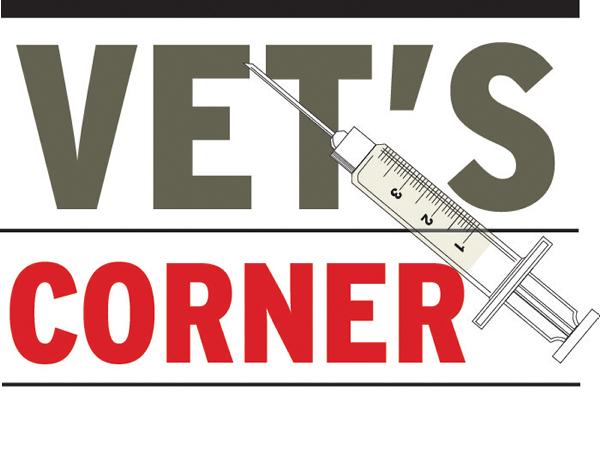Your dog is capable of eating all sorts of unlikely things. This means that, on the average farm, there is a real risk of your dog acquiring a substance which may be lethal.
Rat poisons are readily available over the counter and are widely used to kill rodents. Their mode of action is to act as an anti-coagulant, which means that the animal which ingests it will bleed to death.
If ingested, your dog may bleed from anywhere in the body. You may see him bleeding from the nose or see blood in the urine or stools. The bleeding may be internal and may not be noticed by the owner, but instead the dog will slowly weaken and become pale.
The poison is persistent in the environment and palatable. The dog will readily eat the bait or may become secondarily poisoned by eating a poisoned carcase.
Its onset of action is slow, taking up to a week after ingestion for bleeding to occur. Treatment from your vet is generally successful, involving the antidote vitamin K. A blood transfusion may also be required in more advanced cases.
Some fluke treatments can be highly lethal in very small quantities. Dogs can be exposed to this toxin, either unintentionally or occasionally intentionally.
The onset of action is rapid. Within hours, the dog starts panting excessively and their body temperature rises. In this case, there is no antidote available and treatment involves supportive measures.
Unfortunately, treatment is often ineffective and this poison proves fatal.
Every spring, I see a number of these cases, which makes my heart sink, as the dog is presented in great distress, usually dies and this poisoning could be very avoidable.
Other potential poisons on the farm include anti-freeze, slug bait, insecticides (used on ruminants or plants), herbicides and lead.
The threat is not only related to the potency of the poison, but also to the quantity consumed and the duration of exposure.
It helps to be familiar with the signs and symptoms of poisoning and knowing what risks are in your environment.
If poisoning is suspected, contact your vet immediately. Inducing vomiting can be lifesaving, but needs to be done within one to two hours following ingestion, so time is of the essence.
Catherine O’Roarke works at All Creatures Vet Clinic, Roscommon. All Creatures Vet Clinic is part of XLVets. XLVets is a group of progressive practices who are working together to achieve a better future for agriculture and veterinary in Ireland. For further information, go to www.xlvets.ie.






 This is a subscriber-only article
This is a subscriber-only article





SHARING OPTIONS: